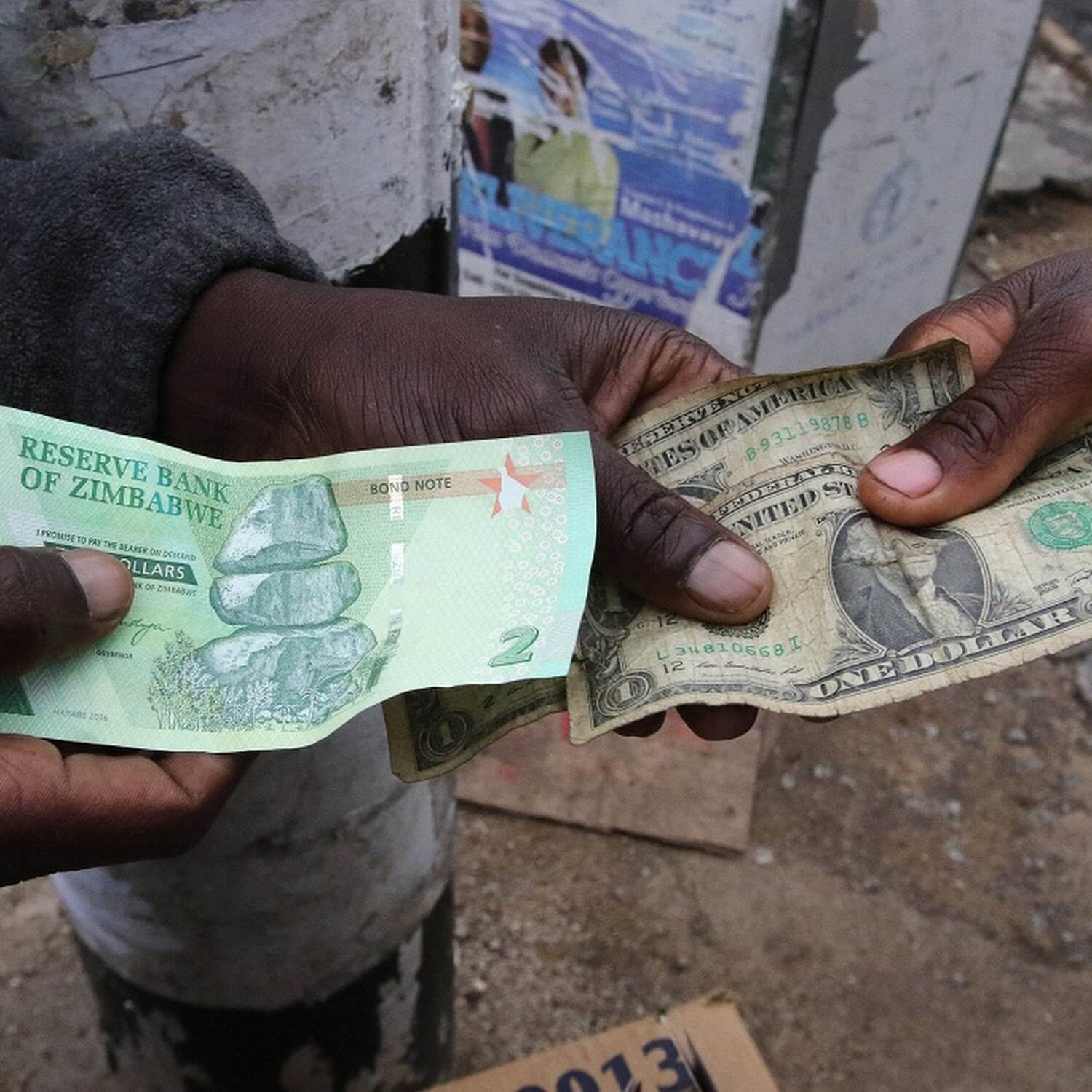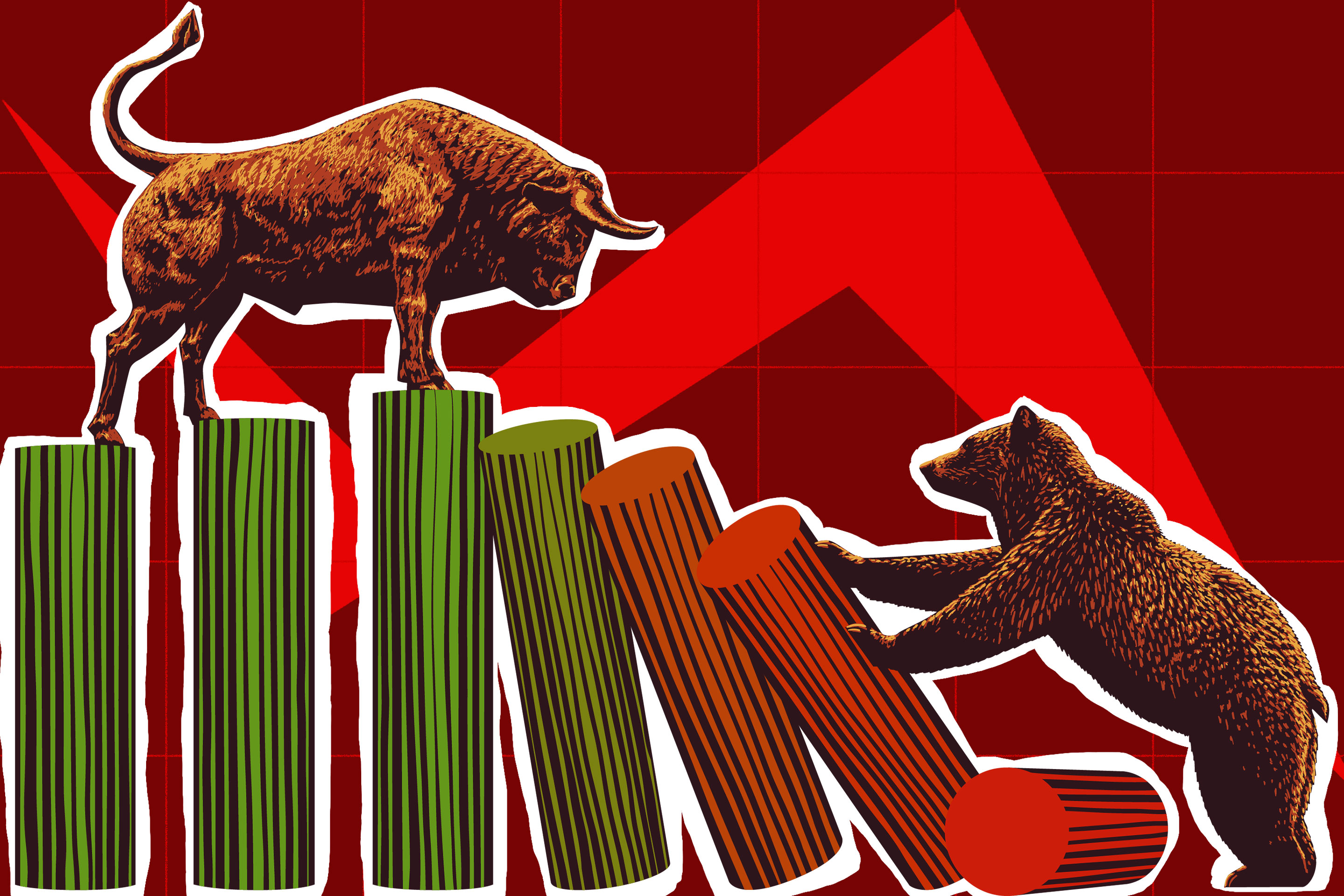As the alternative market rate resurges, the fire-fighting Government of Zimbabwe has blacklisted and apprehended suspected foreign currency dealers. This was soon after eight registered institutions were charged with illegal foreign currency dealings through the Ecocash platform. But despite these efforts one has to take heed that this approach has been tried before and it simply did not work, therefore we cannot expect it to work now (“In 2020 Ecocash Agent and Merchant lines were once closed, the government also monitored suspected foreign currency dealers on social media to reduce the gap between the parallel market and the auction rate, Micro Finance companies such as Access Finance were also shut down”). "Insanity is doing the same thing over and over again expecting different results," Albert Einstein (1951) said. Simply policing the exchange rate is insufficient. To properly address any issue, we must first be able to characterize it ("A problem well defined is half addressed"). The primary economic dilemma confronting Zimbabwe's economy at the moment is scarcity, demand, and supply. We must understand that markets are based on supply and demand. (Ask an "A Level" economics student today what happens when demand exceeds supply, and they will tell you that when demand exceeds supply, the price of a commodity is supposed to rise; conversely, when supply exceeds demand, the price of a commodity is supposed to fall.) The greenback United States Dollars (US$) are scarce, yet they are more required than our local Zimbabwean dollars (ZWL), for importation, medium of exchange, and as a haven currency, thus their demand outpaces supply, resulting in a depreciation of the local currency to the United States Dollar.
On the flip side of the coin, we have to give a thumbs up to the Zimbabwean Government for their notable efforts of introducing the auction system which functioned well for more than a year (nearly extinguishing the roadside money-changers at its introduction), and the results were there for all to see. We have to also be mindful of the fact that, the introduction of the auction system was post the Covid 19 induced lockdowns. Covid 19 pandemic (named the greatest disaster since the global financial crisis, by World Bank) brought the global economy to a near standstill due to lockdowns for well over two years, and Zimbabwe was not spared. Economic activity was low, as borders were closed, several companies not listed as essential services were closed, and those in the essential services were half staffed, therefore one can argue that the demand for foreign currency during this period was low.
Now with the reopening of the economy after a series of Covid 19 induced lockdowns, its business as usual for every Zimbabwean. The demand for foreign currency has increased as companies have reopened and now operating at capacity. Let’s purge ourselves of the illusion of attention, and be mindful that for the past decade the Zimbabwean economy has been under life support with vibrant economic activity being undertaken in the small and sometimes informal sector. Let’s address the elephant in the room or rather the gorilla in the
room, moving away from the “illusion of attention” The economy has moved from being an industrial powerhouse to an economy of vendors, according to the International Monetary Fund (IMF), currently the country is ranked the second leading informal sector economy (60% of the economy) in the world behind Bolivia (62.3% of the economy). It is estimated that about 5 million Small and Medium Enterprises exist in Zimbabwe and only 15 percent are registered, contributing 50 percent of the country’s gross domestic product and approximately employing 75% of the workforce. Therefore, it can safely be inferred that SME’s particularly those operating informally makes up a huge part of the market, therefore these drive the country’s exchange rate. With the growth of these informal businesses who are mostly engaged in importing and selling imported goods, demand for foreign currency is more likely to increase, whilst the supply for foreign currency is low.
The President of the Confederation of the Zimbabwean Industries (CZI) argued that “foreign currency allotments at the auction system appeared not to be dependent on available cash. It is based on what they expect to receive at some point in time. Maybe those funds do not come at all, so that’s how the backlogs are created”. This can be put in short “Demand and Supply”. The Chief Executive Officer of the Zimbabwe National Chamber of Commerce (ZNCC) argues that “Business was of the view that a more market driven system would work better. This also can be put in short “Demand and Supply”
The gap in currency rates couldn't have come at a worse moment for Zimbabwe, which is set to grow at a rate of 4 to 7% in 2021, with inflation ranging from 35 to 53 percent ("refocused from the initial 23 to 35 percent").
Though apprehending, naming and shaming of individuals and corporates is commendable, and a necessary first step to curbing the disparity, it is just that, “the first step”. The authorities must be able to pay attention to silences as much as they respond to noise, and to examine the peripheral as well as the core, and acknowledge the significance of the informal sector in determining the exchange rate, as well as the fact that dealing with the disparity may be difficult to do without addressing economic fundamentals.







0 Comments